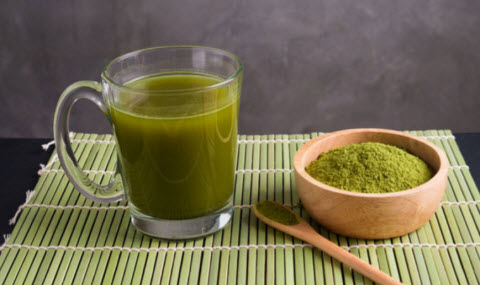Kratom powder, derived from the leaves of the Mitragyna speciosa tree native to Southeast Asia, has been the subject of considerable debate and misinformation. As its popularity grows, so do the myths surrounding it. Here, we debunk the top five myths about kratom powder.
Myth 1: Kratom is a Synthetic Drug
One common misconception is that kratom is a synthetic or man-made drug. In reality, kratom is a natural substance with a long history of use in Southeast Asia. The leaves of the Mitragyna speciosa tree have been used for centuries for their stimulant and sedative effects. Kratom’s effects come from its alkaloids, which are naturally occurring compounds in the plant, not from synthetic additives or modifications.
Myth 2: Kratom is Just Like Opioids
Another prevalent myth is that kratom is equivalent to opioids, such as heroin or prescription painkillers. While kratom does interact with opioid receptors in the brain, it is not an opioid. Its alkaloids, particularly mitragynine and 7-hydroxymitragynine, have stimulant effects at lower doses and sedative effects at higher doses, which differ significantly from the effects of traditional opioids. Kratom’s effects are not as potent or as dangerous as those of opioids, and its use is less likely to result in the severe addiction and overdose risks associated with opioids.

Myth 3: Kratom is Completely Safe
The belief that kratom is entirely safe is another myth. While kratom is natural, it is not without risks. The FDA and other health organizations have raised concerns about potential side effects, including nausea, constipation, and, strongest green vein kratom in some cases, more severe issues like liver damage. Moreover, kratom’s effects can vary widely depending on the dose and individual response, which can complicate its safety profile. Responsible use and a thorough understanding of its effects are essential to minimizing risks.
Myth 4: Kratom is Legal Everywhere
Some people believe that kratom is legal everywhere, but this is not true. The legality of kratom varies by country and even by state or region within countries. In the United States, for instance, kratom is banned in several states and cities, and its legal status can change frequently. It is crucial for users to be aware of the local laws regarding kratom to avoid legal issues.
Myth 5: Kratom is a Cure-All for Health Issues
Finally, the idea that kratom is a panacea for all health issues is misleading. While some users report benefits such as pain relief, improved mood, or enhanced energy, kratom is not a cure-all. Its effectiveness can vary, and there is limited scientific research to support many of the claims made about its benefits. It is important to approach kratom with realistic expectations and to use it as a complementary measure rather than a primary treatment for health issues.